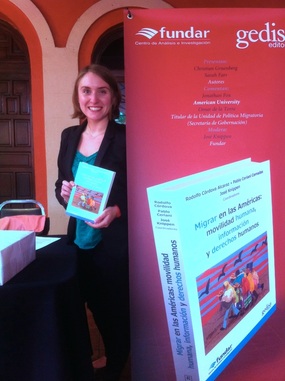Article abstractThe hiring of Mexican workers for temporary employment in the United States is a transnational process with little transparency and accountability in which thousands of Mexicans have suffered from fraud and abuse. The program structure, controlled by employers, allows and encourages the use of agents and subcontractors and lacks the mechanisms to protect potential migrants. The nearly complete lack of public and accessible information encourages the violation of migrants’ rights. This article (1) presents an analysis of how the H-2A and H-2B programs work, (2) explains the legal and regulatory frameworks of the programs, (3) explores current problems in access to public information about recruitment, (4) explains the work that CDM has done to access public information through the Federal Institute of Access to Information and Data Protection (IFAI, the acronym in Spanish) in Mexico and the Freedom of Information Act (FOIA) in the United States, (5) argues that both governments must guarantee free and timely access to public information for migrants so they may protect themselves from fraud and abuse, and (6) proposes a series of changes to transparency laws so that they meet the needs of migrant workers. Key words: Labor recruitment; temporary work; H-2A visa; H-2B visa; migrant workers; labor rights violations; right to access public information; Freedom of Information Act (FOIA); Instituto Federal de Acceso a la Información y Protección de Datos (IFAI) The following is a summary of my remarks during the presentation of Migrar en las Américas on July 24, 2014, in the Museo de las Culturals Populares in Mexico City, Mexico.
|
archives
January 2022
categories
All
disclaimerThe views expressed in this blog and on this website are my own.
|

 RSS Feed
RSS Feed